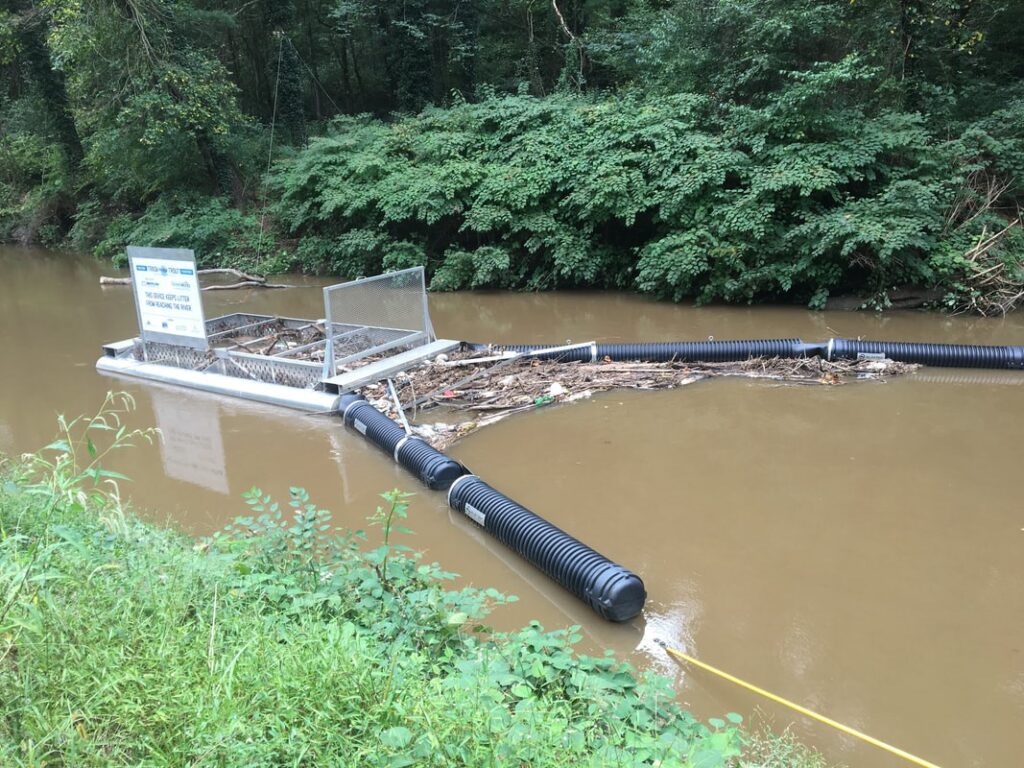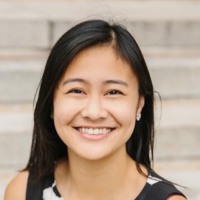The People in the Numbers – Inspiration at the EGA Fall Retreat
June 20, 2019
I took my first educational dive into environmental justice issues through an interactive article by MSNBC on Cancer Alley. This article struck me by how it put the communities at the center of the story; how Brunetta Sims of Baton Rouge, Louisiana was coping among Exxon Mobil’s refineries, how she lived with burning eyes, persistent sinus infections, and a scratchy throat day in and day out. This was the story of our nation’s vulnerable.
Having sparked a passion in me to learn more about environmental justice, I began focusing my graduate courses on the environment, its problems, and its potential solutions. As the semesters went by, I dove deeper into energy markets or how to evaluate costs and benefits of certain policy decisions and farther away from the people I wanted to help.
I walked into the first official day of the EGA fall retreat and was immediately reminded of what brought me to this field in the first place. The people. We began by honoring the people whose lands on which we were guests. The days following were filled with conversations about diversity in the field, social justice issues tied to environmental issues, and more. But the most striking experience I had that grounded me back in what was the true motivation for this work was Tuesday afternoon, our excursion to the river clean-up.
As I prepared for our excursion, I eagerly looked forward to an afternoon of kayaking and river clean-up. I envisioned a mental and physical break gliding down the river, picking up bits of trash along the riverbank as I had done in various other places many times in the past. On the way to the starting point, it seemed the rest were equally excited for the same experience.
As our bus pulled over to the side of the road, I looked out over the shallow, murky waters of the French Broad River. A giant waste trap filled with mud-caked polystyrene foam, bottles, and various discarded items forgotten by those who left them along the riverbank. We circled around our guide as he introduced himself, his staff, and began explaining how the afternoon would go. As he spoke, several garbage trucks rumbled by leaving the stench of the city’s trash and a trail of toxic liquid on the road that would soon be washed into the river. Reading the group’s body language and realizing my own, it was clear that this was not the experience we were expecting.
I pulled my rubber waders over my clothes and watched the first group start up the river pushing canoes that they expected to be inside of rather than next to. My group stayed at the starting point to clear out all the trash and large branches that had piled up in the waste trap. Over the next couple hours we waded in waist-deep waters picking out anything from car tires to bits of polystyrene foam smaller than my pinky nail. Spiders the size of my palm jumped out of their crevices as I picked through more bottles and old toys and all I could think about was returning to the hotel.
As the second group returned, we carried their collected waste up the hill and gathered at the roadside. I looked out over the river again and over to the waste trap we had just cleared. This time, however, I looked at it with a renewed sense of passion for what it means to do the work we all do in our own capacities. My group and I showed great appreciation for those few hours reminding me that this work, protecting people and planet, is not luxuriously kayaking down a sun-speckled river to pick up a few bottles and plastic bags. It is doing real work, for real communities. From policymakers to scientists to conservationists, our work should be grounded in the people affected. It should be focused on the Brunetta Sims of our world and the people in the numbers.

Asheville Greenworks’ Trash Trout, installed July 2018 (not taken by me, but this is the trap we cleaned). Source: https://www.ashevillegreenworks.org/trash-trout.html
About Victoria Loong
